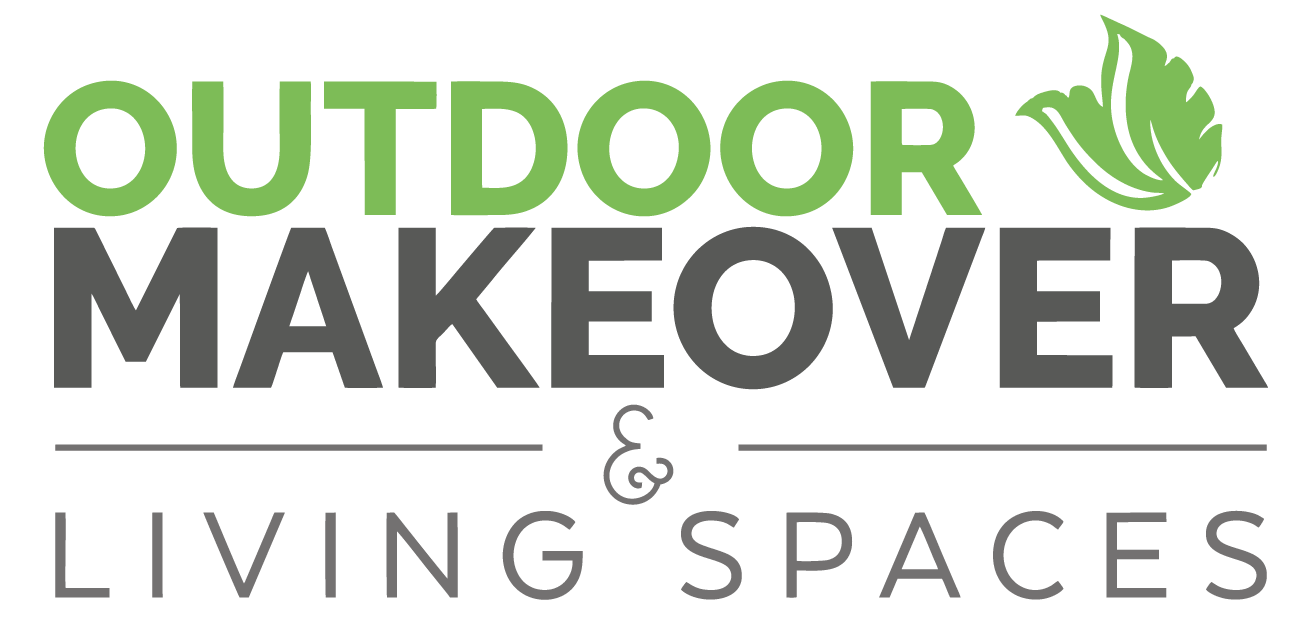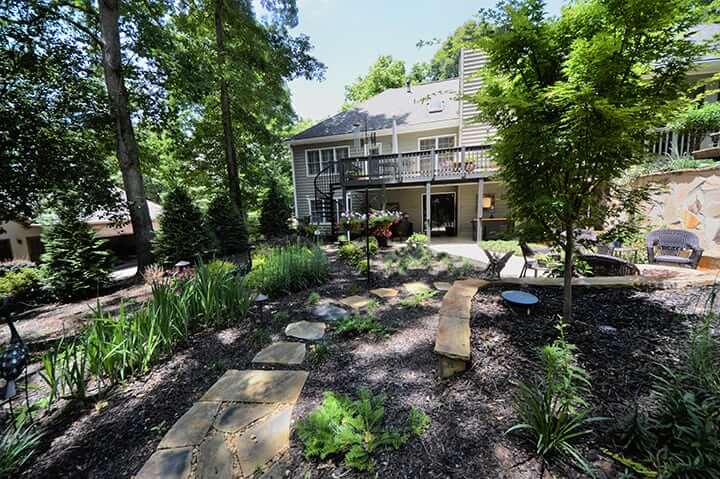If you are new to the world of landscaping, then it can be overwhelming to keep up with the assorted lingo used in the nursery or when talking to other landscaping enthusiast. Whether it be terms regarding types of irrigation, to those referring to types of plants, there is certainly a lot to learn about the world of landscaping. However, two of the most common terms are hardscaping and softscaping. These two main elements of landscape design are significantly different, yet your yard needs to include both in order to create a landscape that is functional as well as inviting. So, you might wonder, “What exactly do these terms mean and how can they affect my lawn?” Glad you asked. Hardscaping, as the term implies, are items such as concrete, brick, stone, rocks and structural elements such as retaining walls, patio, water features and other architecture. It should also be noted that hardscaping works great in regions where drought is an issue, as hardscaping elements require little, if any watering. Softscaping are those more natural aspects like the soil, plants, shrubs, trees, turf and even the color schemes. Typically, hardscaping components are those features that stay the same for years while softscaping elements are more fluid and changing as they mature. To create a yard that is inviting and yet still meets your family’s needs, it is important to have a balance of hardscaping and softscaping. Balancing Hardscaping and Softscaping For an eye-catching landscape, having a perfect balance of softscaping and hardscaping features is a must. But, if you are new to the landscaping world that can seem challenging. Here are a few tips to keep in mind as you begin thinking about a landscape makeover. · When introducing tall hardscape elements such as a gazebo, outdoor fireplace or high wall, incorporate similarly sized trees, shrubbery or other organic elements to offset it. This allows the eye to flow naturally from feature to feature without being blocked or overwhelmed. · Don’t forget the greenery! Hardscape elements such as pavers, driveways, pillars and other built in items can be softened in appearance by introducing planters on steps, along a retaining wall or on pillars. This greenery gives the illusion that your hardscape items and softscape features are not independent of each other, making the space more natural and inviting. · Include focus points such as fire pits, a water feature, outdoor seating, and even retaining walls are a great way to draw the eye along the property and cause one to be curious as to what else might be “hidden” along a pathway. · Keep things in proportion. If you have a small patio, then don’t dwarf it with large shrubs or trees. Conversely, if you have a large driveway or outdoor space, select softscape elements that compliment it size and style. If all the talk of softscaping and hardscaping leaves you overwhelmed, don’t panic! Contact Outdoor Makeover & Construction and have one of our landscaping professionals determine what elements will be best for your landscape. We look forward to hearing from you.


LET'S BE SOCIAL: